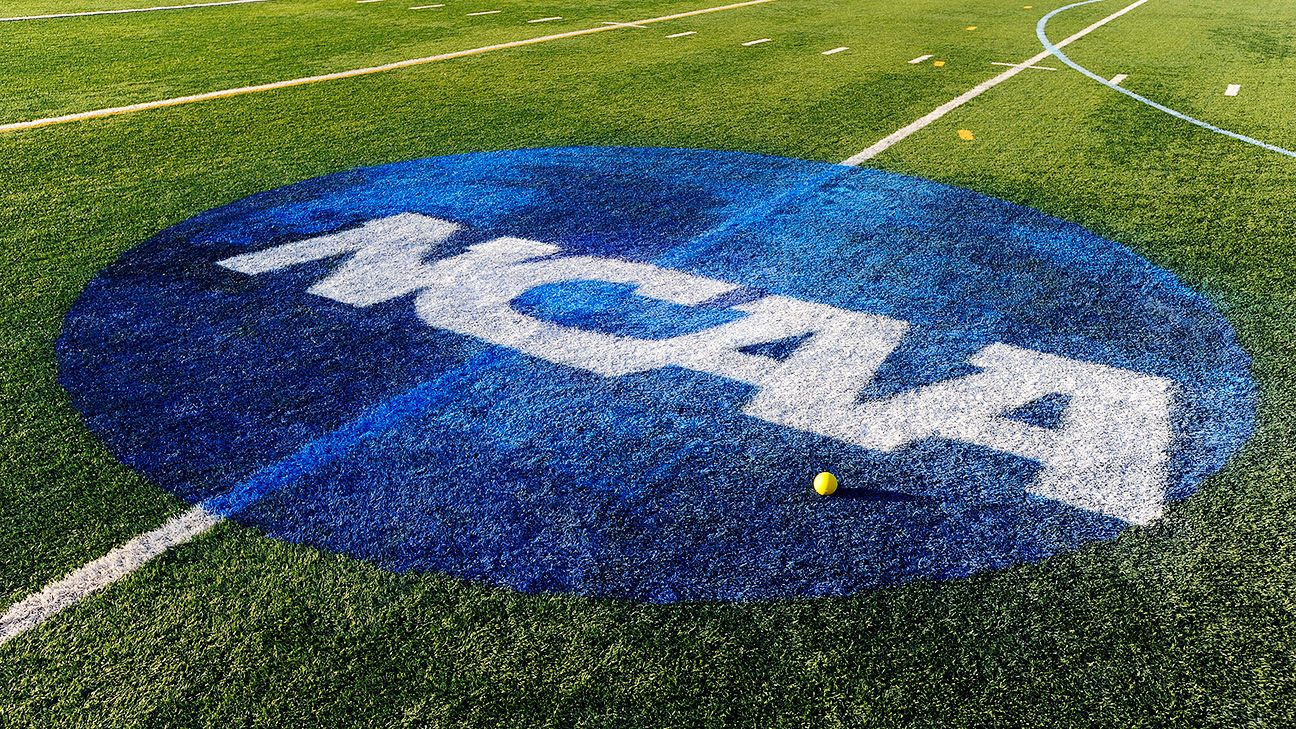The NCAA Board of Governors, the highest governing body within the NCAA, at their quarterly meeting this week, "supported rule changes to allow student-athletes to receive compensation for third-party endorsements both related to and separate from athletics. It also supports compensation for other student-athlete opportunities, such as social media, businesses they have started and personal appearances within the guiding principles originally outlined by the board in October."
https://www.ncaa.org/about/resources...and-promotions
The following is purely my opinion-
I have always been for more freedoms for the athletes, and I support the idea of compensating kids. However, there is a downside to this idea of allowing individual student-athletes to profit from endorsements and commercial promotions. The obvious one is that because of the way the sports media covers teams like Duke, North Carolina, UCLA, etc, even the walk-ons for the Power 6 conference teams and teams located in large population areas will be able to profit exponentially more that the top players at schools in lower conferences and located away from population areas.
IMO, this rule will draw kids even more to the rich and powerful schools where they will be able to make a lot more money. It will further hurt schools like Bradley and any school trying to build a team to compete at a higher level. Combined with the one-time transfer rule without penalty, which the NCAA seems ready to pass, the two rules will further turn every non-major school into a farm team for the big boys to recruit players from.
Enforcing this rule will become another nightmare. It will be taken advantage of to pay players openly, instead of "under the table". How will the NCAA prohibit boosters from hiring a player for commercial endorsements solely as a way to bribe them to play for his favorite team? It would suddenly make "impermissible benefits" completely legal, and the schools with the wealthy benefactors and boosters could get away with just about anything to entice players to play for them.
And of course, pretty much the only athletes who would benefit would be the major college football and basketball players. All other athletes, and women athletes would be unlikely to see any benefits. I expect we'll see a bunch of Title IX lawsuits coming.
https://www.ncaa.org/about/resources...and-promotions
The following is purely my opinion-
I have always been for more freedoms for the athletes, and I support the idea of compensating kids. However, there is a downside to this idea of allowing individual student-athletes to profit from endorsements and commercial promotions. The obvious one is that because of the way the sports media covers teams like Duke, North Carolina, UCLA, etc, even the walk-ons for the Power 6 conference teams and teams located in large population areas will be able to profit exponentially more that the top players at schools in lower conferences and located away from population areas.
IMO, this rule will draw kids even more to the rich and powerful schools where they will be able to make a lot more money. It will further hurt schools like Bradley and any school trying to build a team to compete at a higher level. Combined with the one-time transfer rule without penalty, which the NCAA seems ready to pass, the two rules will further turn every non-major school into a farm team for the big boys to recruit players from.
Enforcing this rule will become another nightmare. It will be taken advantage of to pay players openly, instead of "under the table". How will the NCAA prohibit boosters from hiring a player for commercial endorsements solely as a way to bribe them to play for his favorite team? It would suddenly make "impermissible benefits" completely legal, and the schools with the wealthy benefactors and boosters could get away with just about anything to entice players to play for them.
And of course, pretty much the only athletes who would benefit would be the major college football and basketball players. All other athletes, and women athletes would be unlikely to see any benefits. I expect we'll see a bunch of Title IX lawsuits coming.


Comment